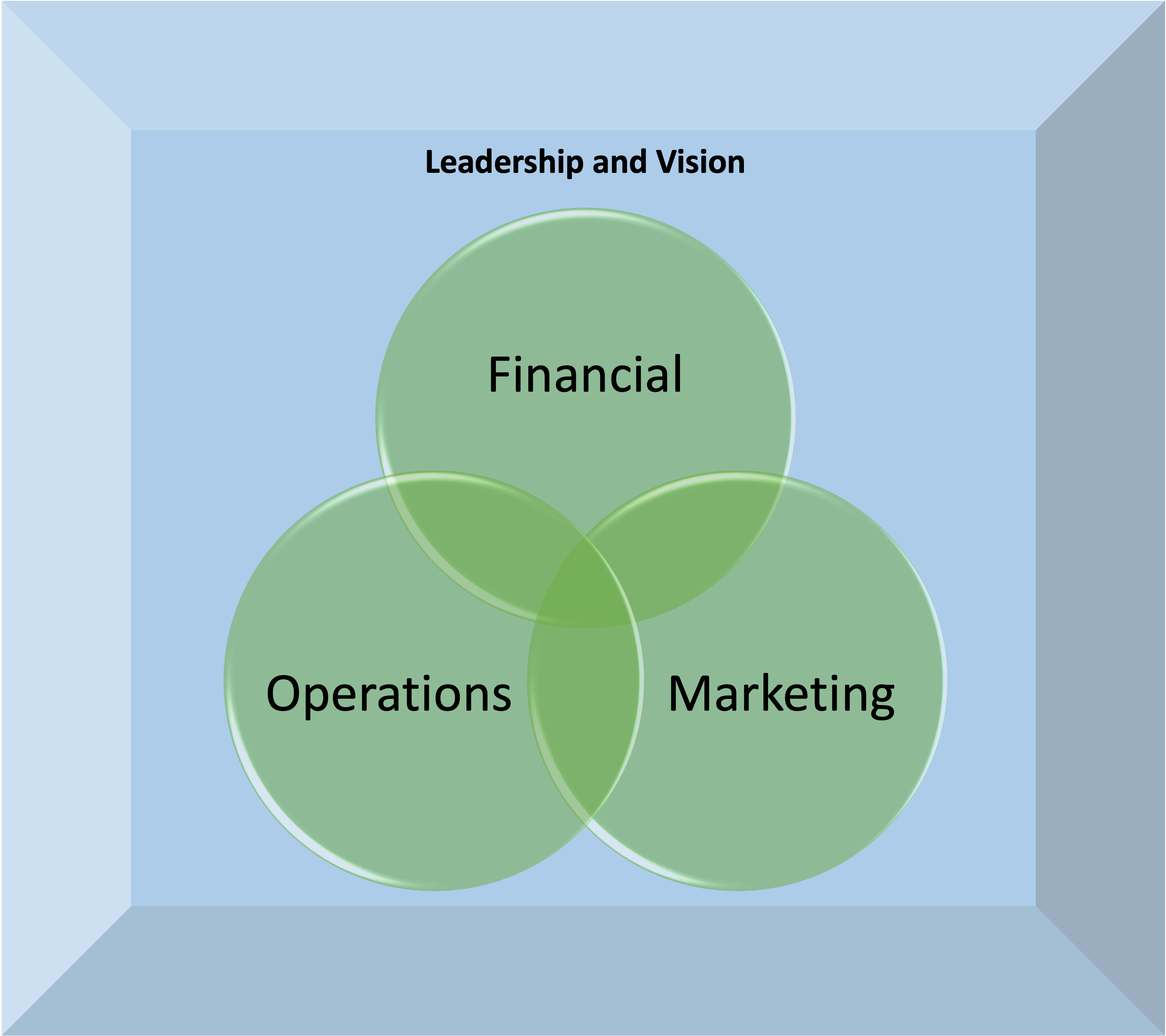Farmers weigh in: what skills do you need to succeed?

I’ve long espoused the skills needed for a successful entrepreneurial (farm or otherwise) business:
- financial acumen: you need to know your numbers and what they mean
- operational proficiencies: you need to be able to produce a high-quality product efficiently
- marketing expertise: you need to know your customers and how to communicate with them to buy your product.
And surrounding all three skills you need vision and leadership.
A small-scale farmer can still succeed without all the skills. If, for example, they don’t have a great marketing strategy… well, it’s not like they need a lot of customers. And if their recordkeeping system is half written down and half in their head … they’re not trying to keep track of too many transactions. As a business grows, of course, it becomes more important. As you grow more, sell more and manage more, it becomes imperative that you – or a member of your team – bring these skills to the business. More money is on the table (whether its production costs, investments or the commitment to payroll) to risk.
This is a rather high-level – dare I say, academic – view.
A few weeks ago, I was chatting with Brett Grohsgal, farmer and owner (with his wife Christine) of Even’ Star Organic Farm. He’s been in business for 25 years, and I was curious to know how he’d answer the same question: If you were advising someone starting a business today, what skills should you focus on. He gave me a more “boots on the ground” response:
- Know your market; be good at marketing
- Second: commit to quality.
- Third: don’t be a flake. Follow through on customer commitments even when it’s inconvenient.
- Know your payroll costs. It’s not just the paychecks but everything else to keep people employed.
- Be very careful with big expenditures… a greenhouse for example: it’s a shelter that lets in light. It doesn’t have to be really expensive to be good. If you can save $20K, you’ll have that for other expenses. Don’t always buy the latest/greatest unless you’re absolutely sure it can pay for itself in 3 years; or it’s super-reliable (like a tractor) and will last 15 years.
His response may seem very different than mine, but he also addresses all four areas:
Marketing:
“Know your market; be good at marketing”
Production:
“Commit to quality.”
Financial:
“Know how much payroll costs. It’s not just the paychecks but everything else to keep people employed.”
“Be very careful with big expenditures.”
Leadership/Vision:
“Third: don’t be a flake. Follow through on customer commitments even when its inconvenient.”
“Commit to quality.” ß I know I also listed this under production; but it relates to vision as well.
Running a business is hard work; and some days (hot, August days) can feel more difficult than ever. It can be helpful to remember why we do this work… in the words of a few farmers I have interviewed, when I asked: what lights you up about your business?
The kids getting turned on to carrots or cherry tomatoes… and loving it. Nourishing the community and being rewarded for it.
Making people really happy with eating our food… not because it’s organic and clean, but because it makes them go ‘wow!’ The ‘wow!’ moments are a big deal. The strawberries, tomatoes, and winter greens… it’s the ‘wow!’ moments.
What do you think it takes to succeed with a farm business? Send me an email or comment here.
